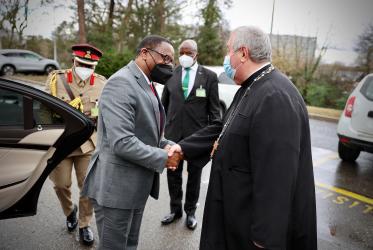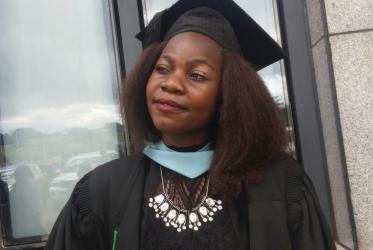Malawi
The region of today's Malawi has been inhabited since prehistoric times. The Maravi, a Bantu people from southern Congo, settled the area in the 14th century and established a kingdom. They are the ancestors of two of the main ethnic groups, the Chewa and Nyanja. Other groups include the Yao, the Tumbuka, Tonga and Ngoni. In 1891 the British established the Central Africa Protectorate, and in 1907 the Nyasaland Protectorate. Pressure for independence developed in the 1940s. In 1953 Nyasaland was joined with Northern and Southern Rhodesia (today's Zambia and Zimbabwe) to form the Central African Federation. After various transitions, Malawi recovered full independence in 1964. For three decades it was ruled by its first President, Dr Banda, as a one-party state. Since 1994 the country has a multi-party democracy. Economically, Malawi depends on subsistence agriculture and the export of tobacco, tea, and sugar. In 2005, the southern part of the country suffered severe drought. Malawi is struggling with a high HIV/AIDS infection rate. Christian missions came to Malawi in the 19th century. The Catholic Church is the largest church, followed by the Church of Central Africa Presbyterian. Other large Christian groups are the Pentecostals, the Seventh-day Adventists, the Anglicans, and the African independent churches. The Malawi Council of Churches is the ecumenical body. There is also an Evangelical Association of Malawi, which is affiliated with the WEA.



